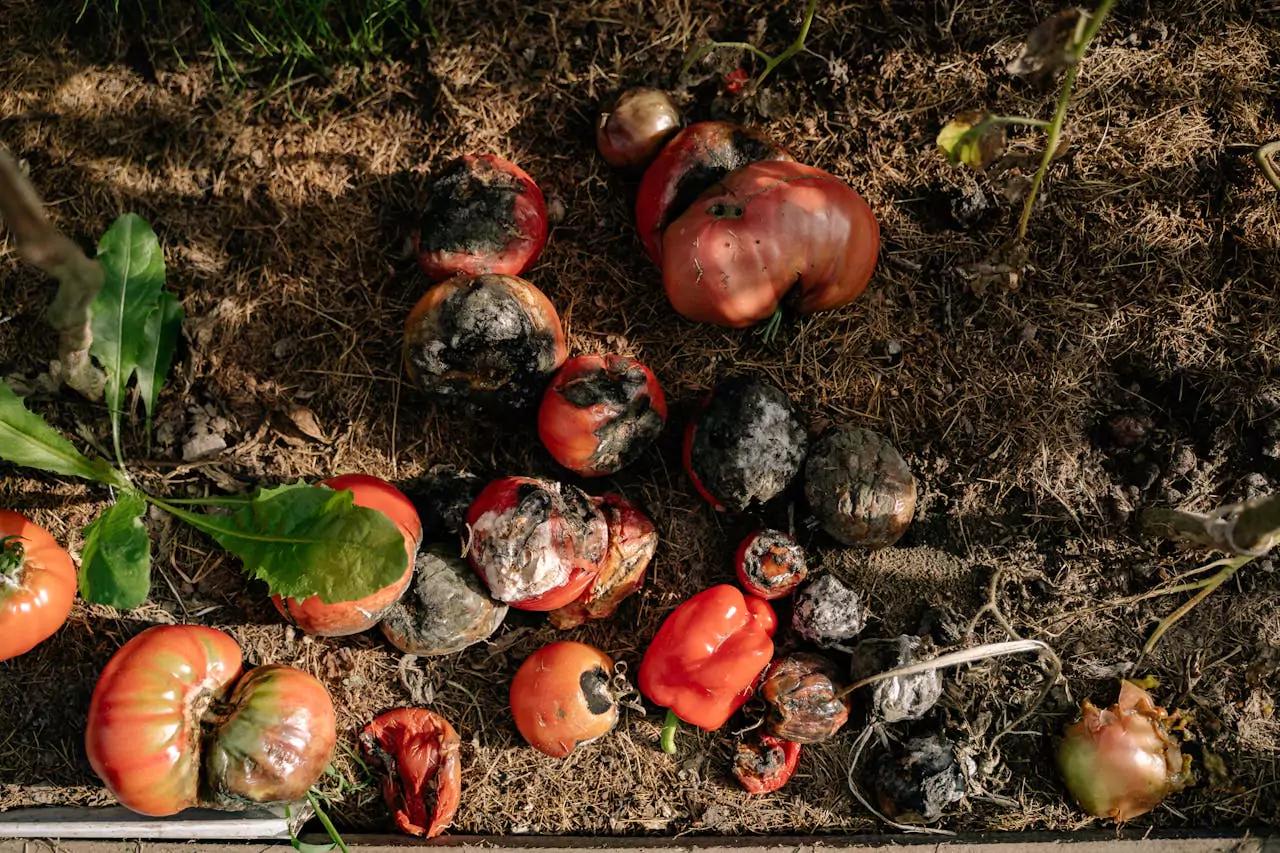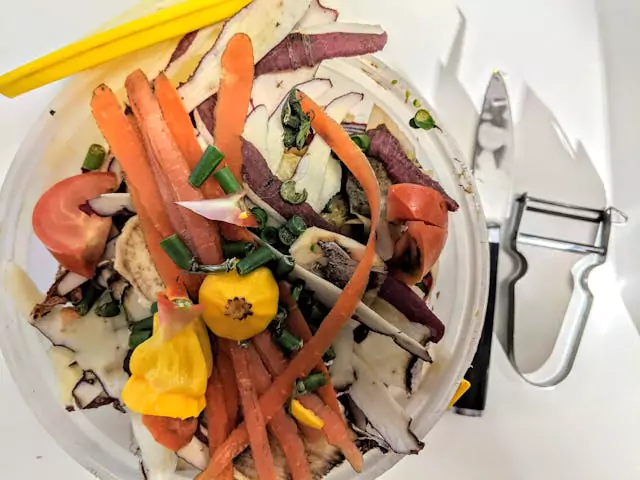
Anaergia to Provide Organic Waste-to-3,700 Energy Solution for PepsiCo in Colombia
Anaergia Inc. (“Anaergia” or the “Company”) (TSX: ANRG) recently announced a significant partnership with PepsiCo Alimentos Z.F. LTDA (“PepsiCo”) through its Canadian subsidiary, Anaergia DB Inc. This collaboration involves the deployment of Anaergia’s high-efficiency digestion technology, as well as its advanced biogas conditioning and upgrading systems, at PepsiCo’s food production facility in Funza, Colombia. Located within the Metropolitan Area of Bogotá, the initiative marks a critical step toward sustainability in food production.
The biogas system provided by Anaergia is designed to process approximately 50,000 tons of organic waste annually. This waste, produced as part of PepsiCo’s operations at the Funza facility, will be converted into renewable natural gas (RNG). The generated RNG will be used directly within the facility, replacing fossil natural gas sourced from the grid. This transition is expected to significantly cut greenhouse gas emissions, with an estimated reduction of up to 3,700 tons of CO2 per year.
Jim Andrews, Chief Sustainability Officer at PepsiCo, highlighted the importance of this initiative. “By utilizing Anaergia’s solutions at our Funza facility, PepsiCo will be generating renewable natural gas from our residue streams and reducing our carbon footprint,” he stated. “This project is another transformative initiative by PepsiCo as we progress towards our carbon reduction commitment,” he added, underscoring the company’s dedication to sustainability and environmental stewardship.
This collaboration is part of PepsiCo’s broader efforts to reduce its carbon footprint and achieve its environmental goals. By integrating Anaergia’s state-of-the-art technologies, the company aims to turn its organic waste into a valuable energy source, aligning with its global sustainability strategy.
Anaergia’s CEO, Assaf Onn, expressed enthusiasm for the project and emphasized the global impact of the company’s solutions. “South America is now the third continent where Anaergia is providing systems to PepsiCo facilities,” said Mr. Onn. “By providing our proven solutions to create renewable fuel and energy from organic waste, we are helping our customers achieve their environmental and economic objectives globally,” he added.

This partnership builds on Anaergia’s track record of delivering innovative solutions for waste-to-energy projects worldwide. The company’s technology enables businesses to convert organic waste streams into renewable energy, reducing reliance on fossil fuels and contributing to global efforts to combat climate change.
The Funza project exemplifies the growing adoption of circular economy practices in the food and beverage industry. By repurposing waste into energy, companies like PepsiCo are addressing both environmental and economic challenges. Anaergia’s high-efficiency digestion technology plays a crucial role in this process, enabling the efficient breakdown of organic materials to produce biogas, which is then conditioned and upgraded to renewable natural gas.
The environmental benefits of the project are substantial. By using RNG instead of fossil natural gas, PepsiCo’s Funza facility will significantly lower its greenhouse gas emissions, contributing to Colombia’s broader sustainability goals. The reduction of 3,700 tons of CO2 annually is equivalent to removing approximately 800 passenger vehicles from the road each year, illustrating the tangible impact of such initiatives.
Moreover, this partnership highlights the potential of Anaergia’s solutions to drive meaningful change across different regions. With operations already established in North America, Europe, and now South America, the company is poised to expand its influence in the global renewable energy sector.
For PepsiCo, this collaboration is part of its larger “PepsiCo Positive” (pep+) strategy, which aims to create sustainable growth by integrating environmental, social, and governance (ESG) considerations into its business model. The use of renewable energy generated from waste aligns with this vision, showcasing PepsiCo’s commitment to leading by example in the transition to a low-carbon economy.
As global demand for sustainable energy solutions grows, partnerships like the one between Anaergia and PepsiCo underscore the importance of innovation and collaboration in addressing environmental challenges. By investing in technologies that transform waste into valuable resources, companies can reduce their environmental impact while achieving operational efficiencies.
The Funza facility project also serves as a model for other industries seeking to adopt sustainable practices. It demonstrates how businesses can leverage cutting-edge technology to address waste management issues, reduce carbon emissions, and contribute to a greener future. This initiative not only supports PepsiCo’s sustainability goals but also reinforces Anaergia’s position as a leader in the waste-to-energy sector.
In conclusion, the partnership between Anaergia and PepsiCo represents a significant milestone in the journey toward sustainable food production. By turning organic waste into renewable energy, the Funza project is setting a precedent for environmentally responsible practices in the industry. With the combined efforts of companies like Anaergia and PepsiCo, the transition to a more sustainable future is becoming increasingly attainable.




